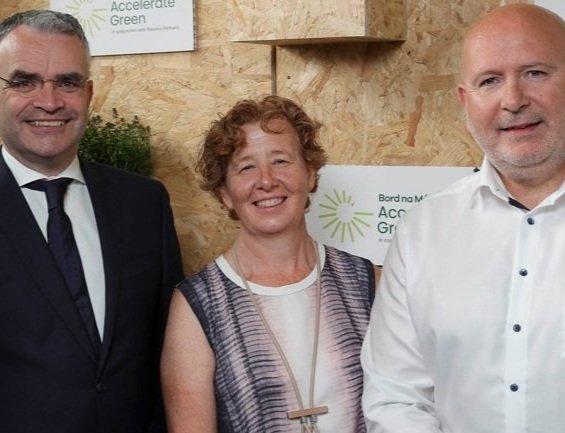How Developers and Contractors Can Strengthen Margins on Load Movements with Verified Delivery Data
In the fast-paced world of infrastructure and construction, most project teams are laser-focused on timelines, safety, and delivery. But quietly and consistently, over-invoicing chips away at margins, complicates valuations, and creates mistrust between contractors, suppliers, and clients.
This is open to happening just as the by-product of unclear documentation, missing delivery records, inconsistent reporting, and that real-time digital oversight has not been implemented. But the impact is the same: budgets swell, delays in invoice reconciliation increase, and commercial teams are left chasing data that should be readily available.
So how can infrastructure companies protect themselves?
Building Smarter Construction Sites: Leveraging Technology for Sustainable Growth
The construction industry has reached a turning point. As the demand for faster, more efficient project delivery grows, so does the need for sustainable practices, especially in managing material deliveries and construction and demolition (C&D) waste. For large organisations, embracing cutting-edge technology isn’t just a competitive advantage—it’s the key to long-term success.
In an era of increasing accountability and environmental regulation, the question is no longer whether technology should play a role in construction—it’s how to harness it effectively. Hub360 is leading this transformation by providing real-time solutions tailored to the complexities of modern construction projects.
HUB360 - Addressing Challenges in Construction Waste Management (C&DW) for a Circular Economy
The European Environment Agency (EEA) has identified significant challenges in Construction and Demolition Waste (C&DW) management that need to be addressed, these are challenges where the Hub360 Platform emerges as a strategic solution.
Is Enough Happening in Ireland Today to Reduce CO₂ Emissions from Heavy-Duty Vehicles ?
Hub360 were delighted that Dara Calleary, Minister of State for Trade Promotion, Digital, and Company Regulation was present, as it was suggestion that the CO₂ Emissions from Heavy-Duty Vehicles was something that would be dealt with at some future time.




